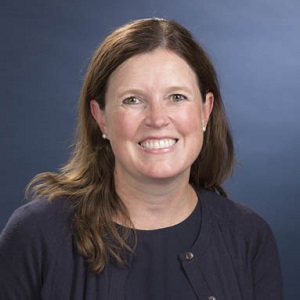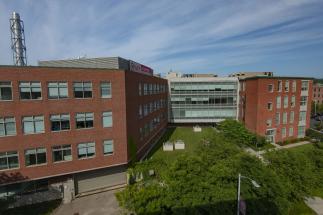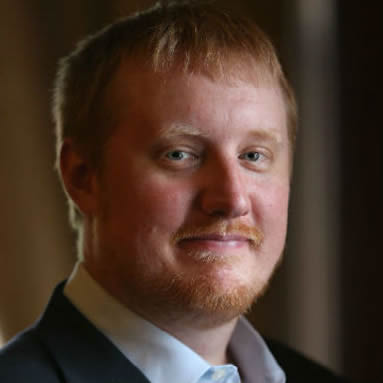
Melissa Terrio says she can’t recall a time when the whole world was experiencing the same dramatic and unexpected shift to a “new normal.” In the Office of Graduate Studies (OGS), navigating life during the COVID-19 pandemic has posed real challenges to prospective and current students, as well as its staff members.
Luckily, the office has leaders like Terrio who are guiding students and staff alike through the chaos caused by COVID-19.
Recently promoted to executive director of Graduate Studies, Terrio says part of the secret to keeping a smooth workflow and addressing the whirlwind lies in taking care of current and prospective graduate students.
This is especially the case for international students, who are unsure if they will be able to come to campus—or this country—in the fall. “We’re working hard to ensure that we have a strong fall class,” she says. “We’re working on ways to help these students become part of the WPI community, get to know each other, get to know the faculty and administration, and attend Orientation online, if necessary.”
One of the ways Graduate Studies has supported these students is through multiple virtual information sessions and boot camps, such as the Zoom session on WPI’s combined Bachelor’s/Master’s degree programs, earlier this month. During the session, WPI faculty and staff covered the value of completing two degrees in a five-year span, the application process, and financial aid; they also offered perspectives from WPI alumni who took this path.
“With the economy shifting as a result of the pandemic, it might be tough for people to find work,” Terrio says. “We want to make them aware of opportunities like the dual degree program, where WPI might be a good fit for them and help their futures.”
Graduate Studies also schedules individual Zoom meetings with prospective students to answer questions and ease anxieties. “We might not know the answers to all of the questions, but we handle each one with compassion and empathy, even if we’ve been asked the same questions many times in one day,” Terrio says. “We’re fostering a community with these students.”


